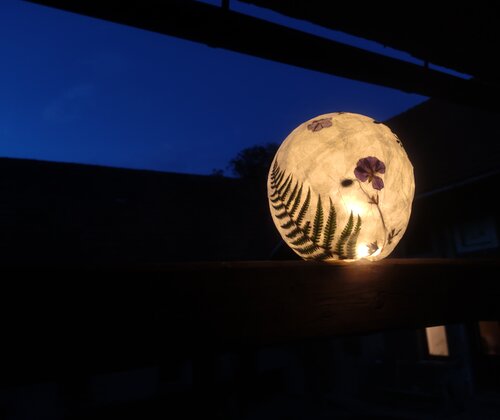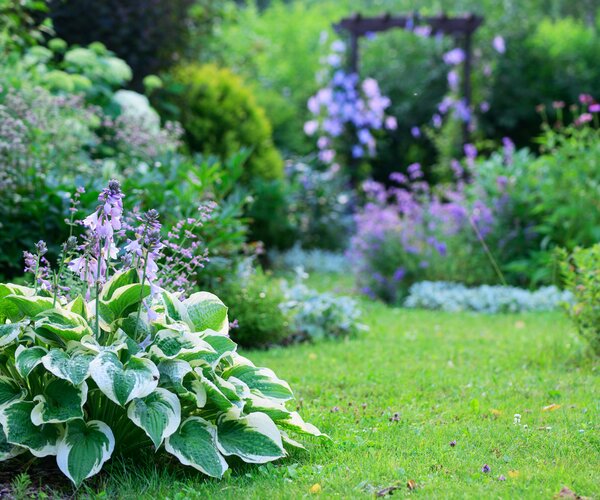
These tips for shady spots and pond maintenance outshine all others
The sun is merciless, the thermometer rises to over 30°: shady spots offer both us and many plants a welcome respite from the heat - many plants even flourish in the shade. Make the most of the sun-free spots in your garden or on your balcony. We'll tell you which flowers, perennials and shrubs thrive particularly well here. And because a dip in your own pond is also refreshing, you will find tips here on how effective microorganisms can help you keep your pond clear all year round.

Plants for shady spots
1. perennials for the shade
Perennials are perennial plants that often grow particularly well in the shade. These perennials are particularly suitable for shady areas:
Funkia (Hosta): They are known for their large, decorative leaves and thrive excellently in the shade. They come in many different colour variations, from green to blue to variegated leaves.
Lady's mantle (Alchemilla mollis): With its velvety leaves and small yellow flowers, lady's mantle brings structure and colour to shady areas. It is easy to care for and robust.
Shade lungwort (Pulmonaria): This plant impresses with its pretty, speckled leaves and pink to blue flowers. It is ideal for semi-shady to shady spots.
Ferns: Ferns are ideal for shady locations and bring structure to the garden with their delicate foliage. They are easy to care for and can also tolerate damp soil.
Astilbes: Astilbes are characterised by their elegant, feathery panicles of flowers that appear in summer. They love shady spots and require sufficient moisture.
2. shrubs for the shade
Rhododendron: A classic among shady shrubs that blooms in many different colours. Rhododendrons need acidic soil and sufficient moisture.
Snowball (Viburnum): These shrubs are easy to care for and provide year-round interest with their flowers, berries and colourful autumn foliage.
Elderberry (Sambucus): The black elderberry in particular thrives well in the shade and provides vitamin-rich berries in autumn.
3. balcony plants for shady spots
Even on the balcony, you don't have to do without a colourful variety of plants if you have a shady spot:
Fuchsias: these colourful flowers are ideal for sun-free balconies. They bloom throughout the summer and attract attention with their bright colours.
Ivy (Hedera helix): Ivy is a robust climbing plant that also thrives in the shade and can green walls and railings.
Green lily (Chlorophytum comosum): This low-maintenance plant with its long, striped leaves is ideal for shady balconies and improves air quality.
Herbs and vegetable plants in the shade
Even though vegetables and herbs usually prefer sunny locations, there are some species that thrive in the shade:
Wild garlic (Allium ursinum): A shade-loving herb that is harvested in spring and is excellent for pestos and salads.
Sorrel (Rumex acetosa): This robust plant also grows in partial shade and provides flavourful leaves for salads and soups.
Rocket (Eruca sativa): This salad plant tolerates shade well and provides flavourful, nutty leaves.
Chives (Allium schoenoprasum): Chives grow well in the shade and are a versatile culinary herb that can be used in salads and as a garnish.
Lettuce: Various types of lettuce, such as lamb's lettuce and lollo rosso, also thrive in partial shade and provide fresh leaves for your kitchen.
Parsley (Petroselinum crispum): Parsley grows in partial shade and is an essential herb for soups, sauces and salads.
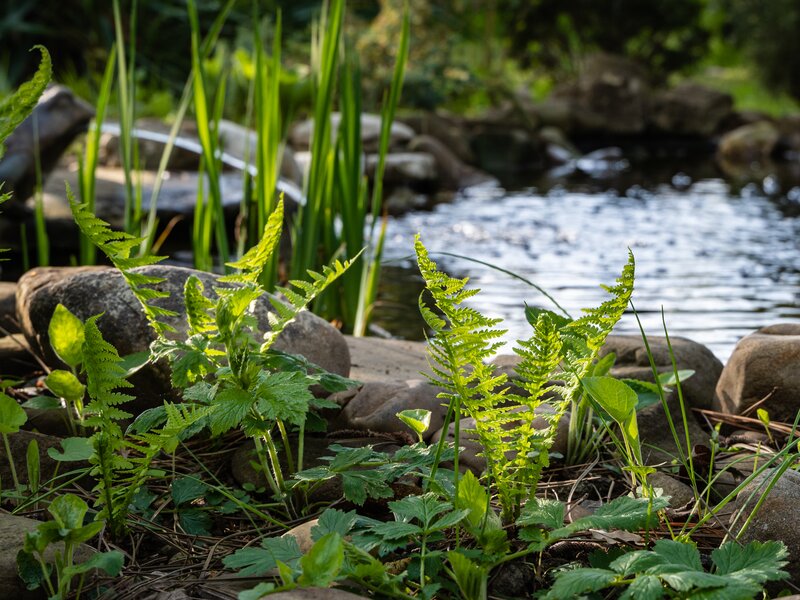
Effective microorganisms: clear benefits for the pond
Is there anything better than cooling off in your own pond? We recommend our Multikraft Pond Clear with Effective Microorganisms (EM) to ensure that your swimming fun is not spoilt. This mixture of natural, beneficial microbes promotes the ecological balance of your pond. They play an essential role in improving water quality and promoting a healthy biotope.
Read here how Effective Microorganisms help you to improve the water quality of your pond.
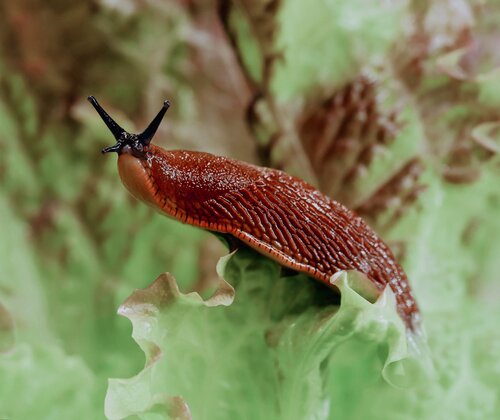
A splendid garden full of flowering plants and crunchy vegetables is the dream of every hobby gardener. But this dream can quickly turn into a nightmare when slugs and snails feast on the plants that have been painstakingly tended and cared for. Discover practical and sustainable tips in this article that will keep your green oasis slug-free - without any chemicals.
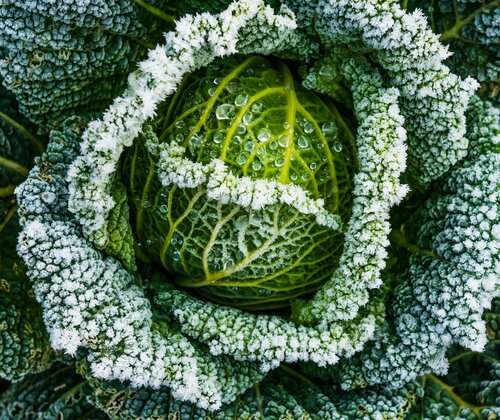
Even if winter seems a long way off in the summer heat, now is the perfect time to set the course for a rich winter harvest. If you want to enjoy fresh vegetables from your own garden all year round, make sure you choose the right varieties and sowing times. With a little planning and commitment, you can harvest a variety of winter vegetables that cannot be found in the supermarket.
